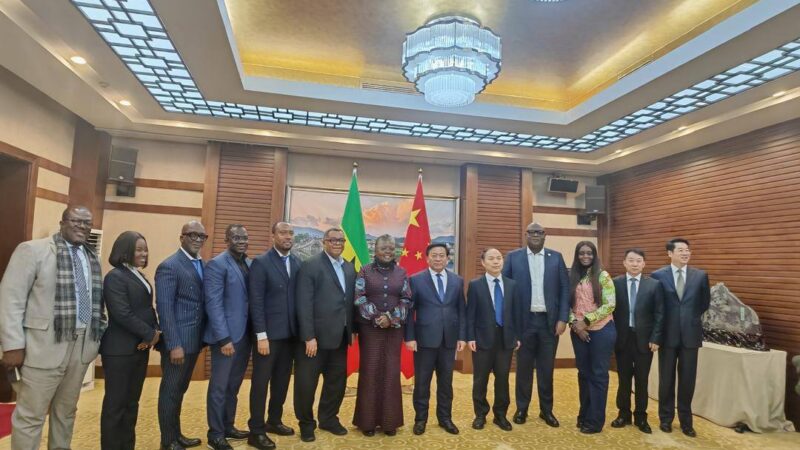What is IUU fishing?
IUU fishing, for “ Illegal, Unreported and Unregulated “ is a term used for over fifteen years, by international organisms, national governments, media, Non Governmental Organizations, etc. This term officiellement was used for the first time in 1997 at the 16th meeting of CCAMLR (Convention on the Conservation of Antarctic Marine Living Resources), who is a Commission Established under the Convention adopted for fishery resources management in Antarctica.
The International Plan of Action to Prevent, Deter and Eliminate Illegal, Unreported and Unregulated Fishing (IPOA-IUU), was adopted by the FAO in 2001 gives us in paragraph 3 was descriptive and Lengthy definition of IUU fishing where each term of this phrase is defined.
According to paragraph 3.1 of this Plan, ‘‘Illegal fishing’’ refers to activities :
3.1.1 conducted by national or foreign vessels in waters under the jurisdiction of that State, without the permission of that State, or in contravention of its laws and regulations ;
3.1.2 conducted by vessels flying the flag of States that are parties to a relevant regional fisheries management organization but operate in contravention of the conservation and management measures adopted by that organization and by which the States are bound, or relevant provisions of the applicable international law ; or
3.1.3 in violation of national laws or international obligations, including those undertaken by cooperating States to a relevant regional fisheries management organization.
According to paragraph 3.2 of the IPOA-IUU, “Unreported fishing” refers to fishing activities :
3.2.1 which have not been reported, or have been misreported, to the relevant national authority, in contravention of national laws and regulations ; or
3.2.2 undertaken in the area of competence of a relevant regional fisheries management organization which have not been reported or have been misreported, in contravention of the reporting procedures of that organization.
According to paragraph 3.3 of the IPOA-IUU, “Unregulated fishing” refers to fishing activities :
3.3.1 in the area of application of a relevant regional fisheries management organization that are conducted by vessels without nationality, or by those flying the flag of a State not party to that organization, or by a fishing entity, in a manner that is not consistent with or contravenes the conservation and management measures of that organization ; or
3.3.2 in areas or for fish stocks in relation to which there are no applicable conservation or management measures and where such fishing activities are conducted in a manner inconsistent with State responsibilities for the conservation of living marine resources under international law.
Several international legally binding instruments contain provisions applying to IUU fishing. Among them include:
– the United Nations Convention on the Law of the Sea signed in 1982 and entered into force in 1994 and its Implementing Agreement on the Conservation and Management of Straddling Fish Stocks and Highly Migratory Fish Stocks (“UN Fish Stocks Agreement” signed in 1995 and entered into force in December 2011) ;
– the Agreement to Promote Compliance with International Conservation and Management Measures by Fishing Vessels on the High Seas (“FAO Compliance Agreement” signed in 1993 and entered into force in 2003) ;
– the FAO Agreement on Port State Measures (PSMA) to Prevent, Deter and Eliminate IUU Fishing (signed in 2009 and entered into force in 2016).
These binding instruments are supplemented by non-binding instruments such as:
– the FAO Code of Conduct for Responsible Fisheries (1995) ;
– International Plan of Action to Prevent, Deter and Eliminate Illegal, Unreported and Unregulated Fishing (IPOA-IUU) (2001) ;
– and the FAO Voluntary Guidelines for Flag State Performance (2013).
Recognized as a global problem, it is present in all types of fishing and takes different dimensions. It is also well practiced in the high seas and in areas under national jurisdiction and is motivated by economic gain and is sometimes associated, in industrial fisheries, organized crime. It takes advantage of weak management systems, takes advantage of corrupt administrations and operates low management regimes, especially those lacking developing country capacity and resources for monitoring, an effective control and surveillance (MCS).
Research and rewriting Pascaline ODOUDOUROU






